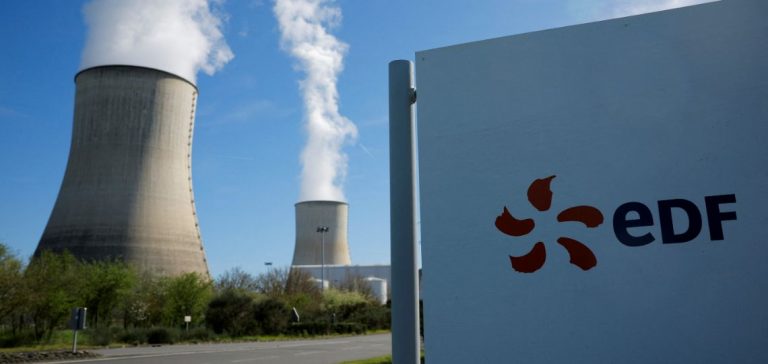At the core of the issue are 44 contracts awarded without competitive bidding, ranging from 40,000 to 4 million euros, to consultants from various sectors, including lawyers, journalists, former corporate executives, and communication experts. The services provided included strategic consulting, crisis management, lobbying, and communication services. Most of these contracts were signed under the leadership of Henri Proglio, at a time when EDF was seeking to refine its strategy in a complex competitive environment.
For the PNF, these engagements should have been subject to a competitive bidding process in accordance with the public procurement rules for a semi-public company. However, the court found that “criminal intent” was not proven, thereby acquitting Proglio and the other defendants, some of whom held influential positions in the energy and media sectors, such as Loïk Le Floch-Prigent, former CEO of Gaz de France, and Jean-Marie Messier, former Chairman of Vivendi.
PNF Criticizes Public Procurement Management
The PNF’s appeal is based on the belief that EDF’s management of public contracts operated outside of the regulatory framework, leading to potential misuse of allocated funds. These contracts, awarded without competitive bidding, raise questions about the transparency of financial resource use in large French companies with state ownership. According to the prosecution, these practices are contrary to public procurement regulations and could harm sector competition.
The decision to appeal reflects a desire to strengthen oversight of large public or semi-public companies in terms of compliance with governance standards. The PNF’s goal is to establish clear accountability for the management of these contracts, particularly in times of economic transition when cost control becomes crucial for the competitiveness of these entities.
Personalities Involved in the Case
The consultants acquitted alongside Henri Proglio include several notable figures, such as criminologist Alain Bauer and former SNCF CEO Loïk Le Floch-Prigent. These individuals received consulting contracts in various fields, often related to risk management or communication strategy. The court emphasized that the missions were legitimate and that the lack of evidence of intent to circumvent the rules made a conviction for favoritism impossible.
The case, dating back a decade, is part of a broader context of scrutiny over contract management within companies where the state holds a significant stake. EDF, as a strategic player in the French energy sector, is regularly subject to rigorous oversight by authorities, particularly in terms of transparency in contractual practices and regulatory compliance.
Towards a New Judicial Evaluation
The PNF’s appeal paves the way for a new trial that could last several years, during which the defense strategy of EDF and Henri Proglio will be closely examined. Proglio, who led the group from 2009 to 2014, implemented a system aimed at standardizing the use of consultants in specific areas, believing that this approach optimized the company’s responsiveness to regulatory and competitive challenges.
If the appeal succeeds, it could signal a tightening of jurisprudence on management practices within large semi-public companies, with implications for procurement policies. The initial judgment had highlighted the non-systematic nature of competitive bidding for consultants, which, according to the PNF, could potentially lead to abuses of position by certain senior executives.
The outcome of this case will be closely monitored by energy sector professionals and regulators, as it could influence how major companies handle contractual relationships and the recruitment of external consultants in an increasingly complex market context.





















